
In a couple of weeks I’ll be in London, representing the Alliance at the “Diversity, (In)equality and Differences” workshop organized by the Trans-Atlantic Platform for Social Sciences and Humanities. Around twenty researchers and scholars from Europe and the Americas will spend two days identifying priorities for collaborative research, in order to help guide the work of European and American funding agencies.
The focus of this workshop is the “dynamics of social and cultural diversity, inequality and differences and how communities value, respond and interact.” So, timely, especially for the US and our national museum community. T-AP has set ambitious goals for participants, including “exploring how global changes, such as urbanization, climate change and migration, shape cultural practice, society and identities; and how we can enhance solidarity and inclusion to achieve cultural, economic and social well-being.”
Here are the three themes framed by the agenda, and the associated questions participants will be invited to address (quoted from the conference description):
– Culture and heritage. What is the role of heritage in shaping identities, enhancing solidarity and national inclusion and maintaining cultural, economic and social wellbeing? How might heritage be conserved, and what can we learn about the dynamic relationship between the past, present and future?
– Inequality. How does diversity shape the dynamics of inequality and how do societies respond to this challenge? How do we identify and test the (political) interventions which impact quickly and positively on inequality?
– Diversities. How has migration and trade impacted the transatlantic area in particular and how have ideas, cultural practices and forms of culture informed transatlantic relationships in both a contemporary and historical setting? How are languages, values, beliefs, histories and narratives translated, transformed and transmitted across boundaries?
I’ve been asked to provide, in advance, a brief essay addressing these themes, with some thoughts on where research is needed to help answer the questions they pose. Today I’m sharing my rough draft for your input, because (as I pointed out in a recent post) as a staff member of the Alliance, my job is to represent you and your organizations.
So here’s what I’ve jotted down so far. Please add your thoughts, questions and concerns using the comment section at the end of the post, and I’ll use your contributions to polish this essay up before I send it off to the T-AP organizers on Friday. Thank you!
Draft “Brief Reflections” for the pre-conference summary:
Culture and Heritage
U.S. cultural organizations face the challenge of transforming our operations to attract an increasingly diverse population—a challenge I believe we share with our Trans-Atlantic colleagues. Cultural organizations can’t play a role in “shaping identities, enhancing solidarity,” etc., unless we extend our reach beyond the primarily white, older, highly educated individuals who are core consumers of arts & culture. To meet that challenge, we need more and better research on the needs and preferences of diverse audiences. Such data would help us reexamine every aspect of our operations, including location, architecture, design, focus of collecting and research, methods of interpretation, governance and staffing.
Inequality and Diversity
(I address these two themes together, as I feel they are inextricably intertwined.) The need for research is particularly acute when it comes to uncovering and addressing the inequities that weaken the ability of cultural organizations to provide public benefit. These inequities range from physical and technological barriers to access, to biases shaping hiring, pay and advancement of staff. With regard to focus and content, cultural organizations might benefit from coordinated research and planning on the role of heritage sites in illuminating and addressing the legacy of historic Trans Atlantic economic imperialism in general, and the slave trade in particular.
And further
Cultural organization on both sides of the Atlantic need to find new economic models to support our work. In the US, these financial challenges, if not addressed, will only exacerbate the inequities that cripple the existing system. Increasing disparities in wealth combined with reductions in government support have resulted in many US nonprofits relying more and more heavily on a relatively small pool of wealthy donors. This, in turn, threatens to further distance cultural organizations from the concerns of disadvantaged and disenfranchised audiences, and may in the long run damage the trust vested in them by the public. Can emerging areas of practice such as crowdfunding, social entrepreneurship, and social benefit corporations be used to balance power inequities arising from funding? Is there a need for stronger social, ethical or legal barriers firewalling the programmatic work of cultural organizations from the political or socioeconomic interests of specific funders?
Status of research capacity in my area of expertise
Strategic foresight relies on trends analysis and scenario development to explore potential futures. There is little or no coordinated international foresight work in the cultural sector. I believe the global cultural community would benefit from ongoing partnerships between organizations that engage in futures work that is primarily national or region-specific (e.g., The American Alliance of Museums Center for the Future, the Museum Association’s Museums 2020), and hope that we may begin to forge such connections at this workshop.
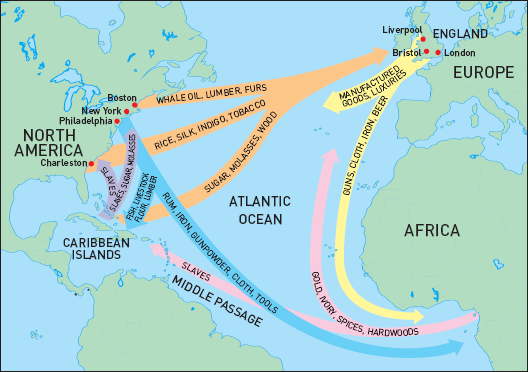 |
| image from British Archaeology |
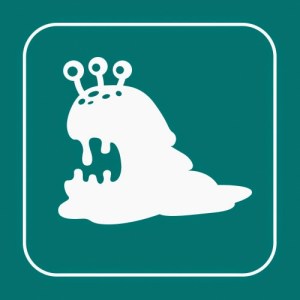

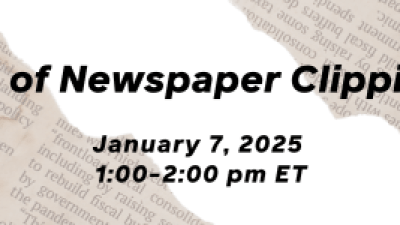
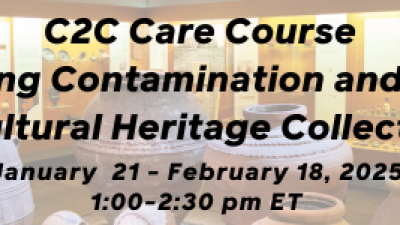
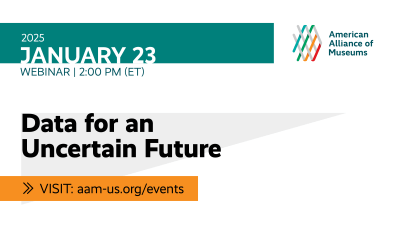
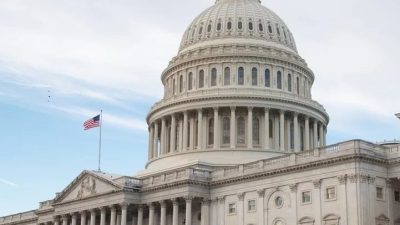
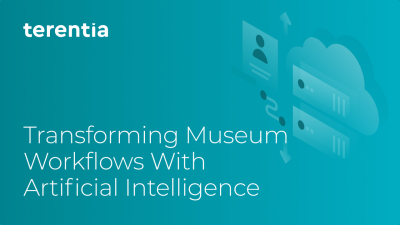
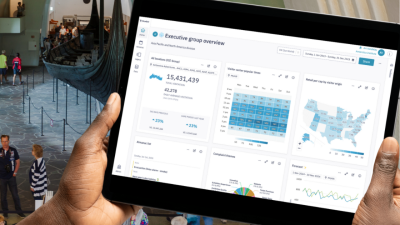

Comments